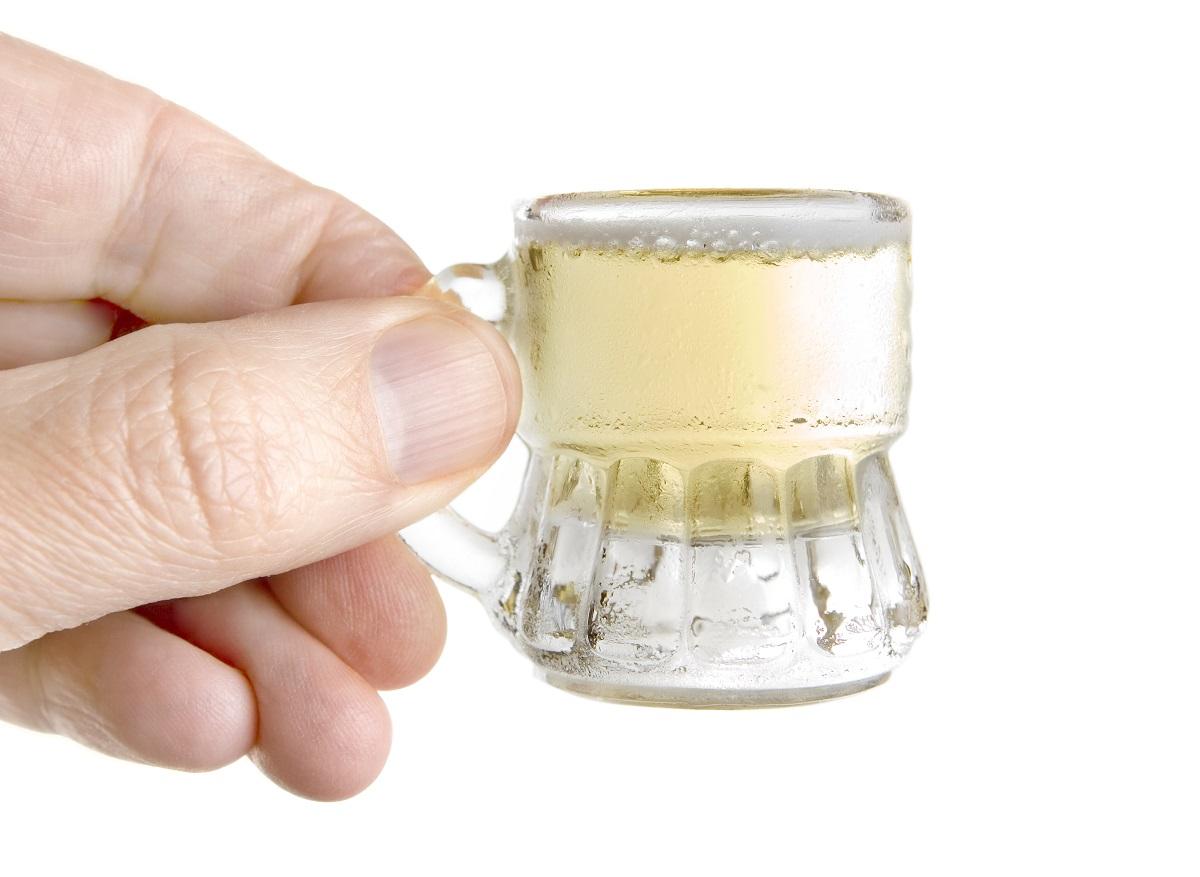Even before the health crisis, the French were on the second step of the European podium (behind the Spaniards) of the biggest consumers of sleeping pills (10 million French people in 2015). A week after the spring 2020 confinement, the consumption of sleeping pills recorded in France increased by 6.9% compared to the same period in 2018 and 2019.
Top Santé: In your latest book, you once again sounded the alarm about sleeping pills… Why?
Dr. Patrick Lemoine: Because the general public does not yet seem to have integrated the need to say stop to benzodiazepines (BZD: Imovane®, Stilnox®, Zolpidem®…) and other molecules of this type. Evidenced by the increase in the use of these drugs revealed by the ANSM (Medicine Agency) and Health Insurance last June… However, if the maximum duration recommended for these treatments is 4 weeks, 52% of prescriptions of BZD are renewed for at least 2 years! This, while these molecules have several more or less serious side effects…
Which ?
PL: First, sleeping pills can be highly addictive. During my career, I have met patients who took more than 50 tablets of Stilnox® per day! More generally, 25% of people who use it for more than 3 months become dependent and have withdrawal symptoms when trying to stop it (anxiety, insomnia). But BZDs can also cause vigilance disorders – especially in the car – and forgetting recent events. Finally, they can aggravate sleep apnea.
Why do you call them an “intellectual scam”?
PL: Because these drugs supposed to make you sleep… don’t work! They just induce mild anesthesia. This, by stimulating cerebral molecules (Gaba receptors) which reduce the excitability of neurons, and thus inhibit the system which keeps awake. In short, these drugs do not stimulate sleep and therefore do not make us sleep. Consequently, they do not allow the restorative effects of it.
Long-term consequences?
PL: An English study conducted on 100,000 subjects followed for an average of 7.6 years and up to 15 years, showed a near doubling of mortality in people who took BZDs.
This increased risk could be explained by the effects of the lack of restorative sleep and the aggravation of sleep apnea. Other work, French this time, has shown that the daily consumption of a tablet of these drugs for more than 5 months is associated with an increase of almost 50% in the risk of developing Alzheimer’s disease, which translates including loss of memory. Knowing that, normally, the risk of being affected by this disease after the age of 65 is 2 to 4%, according to Inserm.
What possible alternatives?
PL: The easiest way is to improve your sleep hygiene. Then there is also herbal medicine: valerian, passionflower and eschscholzia have demonstrated their effectiveness with a good level of evidence. Finally, for those over 55, it is possible to be prescribed prolonged-release melatonin (a natural substance) (Circadin® 2 mg). And for the youngest, to ask their pharmacist for advice on a similar product in free access (for example, Chronobiane LP 1.9).
Sources:
- Thanks to Patrick Lemoine, author of the book “Doctor, I have pain in my sleep – To sleep naturally” (Éd. Odile Jacob), to be published in February 2021.
- Medicines Agency (ANSM) and Health Insurance.
Read also :
- Fatigue: 13 unusual grandmother’s remedies to find sleep
- These foods that promote sleep
- 10 things not to do before bed to sleep well
- Covid-19 and sleep: 15 tips against insomnia
- What Brain Chemistry Tells Us About Our Sleep
- Test: how good is your sleep?


















